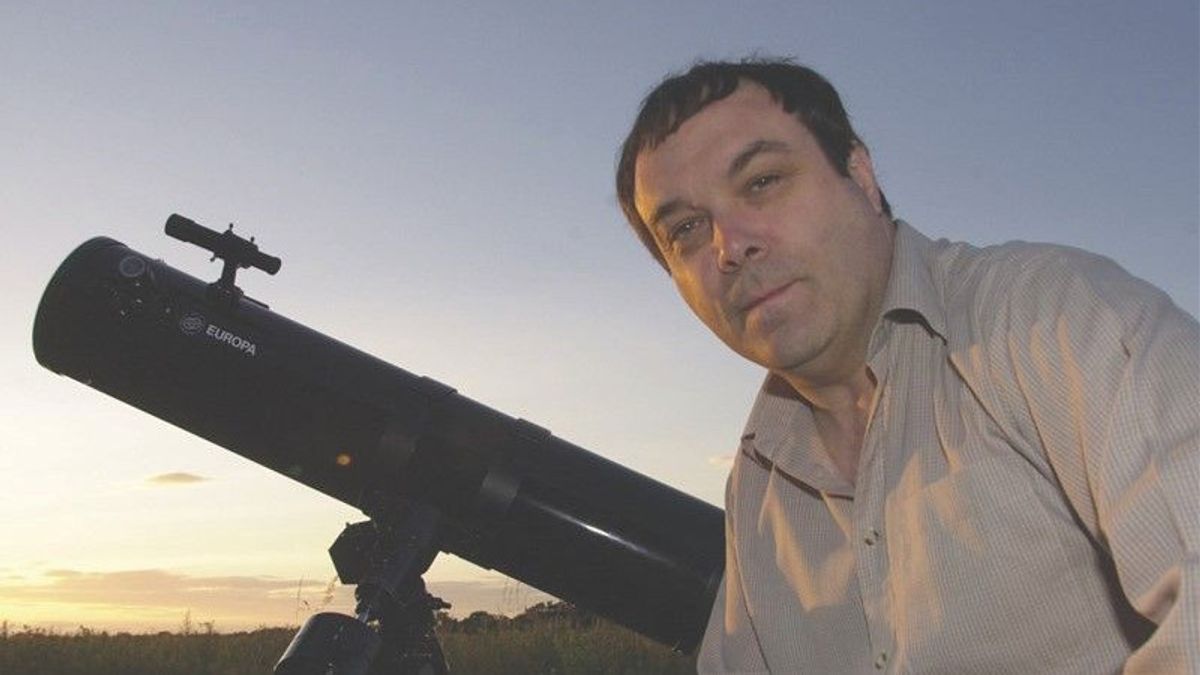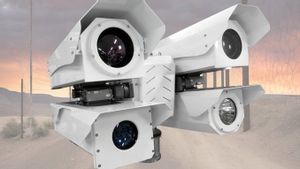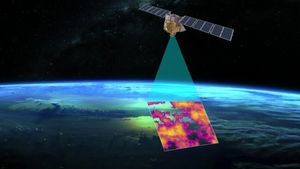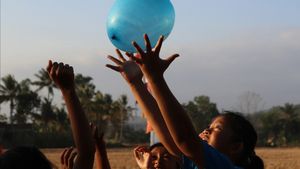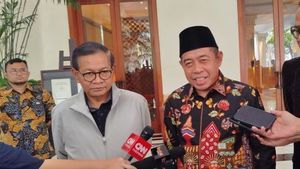JAKARTA - David Whitehouse, an astronomer, hopes that humans will travel to Mars in the next two decades. He projects that exploration of Mars will occur in the 2040s, with predictions depending on the success of future lunar exploration.
Whitehouse stated that future lunar exploration will provide a better understanding of how to survive during a one-year trip to Mars.
According to Whitehouse, the journey to the moon has its own value because there is ice water which is a valuable resource for space travel. Science gained from lunar exploration can then be used for missions to Mars.
However, the trip to Mars is a big challenge as the journey will take nearly a year. Scientists do not have enough information about how to preserve life in space during such a long journey.
There are three main problems in carrying out prolonged space travel: zero gravity, radiation, and space constraints.
In zero gravity, muscles become weak and the lungs and the heart cannot effectively pump oxygen throughout the body. Meanwhile, radiation in space can endanger astronauts' health, and limited space movement can cause psychological problems.
SEE ALSO:
To reach Mars, NASA is developing six new technologies, including a state-of-the-art propulsion system, a rocket equipped with landing feet that can deliver heavier spacecraft, and more advanced spacesuits.
In addition, NASA is also developing laser communication technology in order to stay in touch with astronauts in space.
NASA plans to test all of these technologies on the moon before sending humans to Mars. The exploration to Mars is expected to provide new insight into Earth's past and future as well as can help answer the question of whether life is outside of our planet.
The English, Chinese, Japanese, Arabic, and French versions are automatically generated by the AI. So there may still be inaccuracies in translating, please always see Indonesian as our main language. (system supported by DigitalSiber.id)
